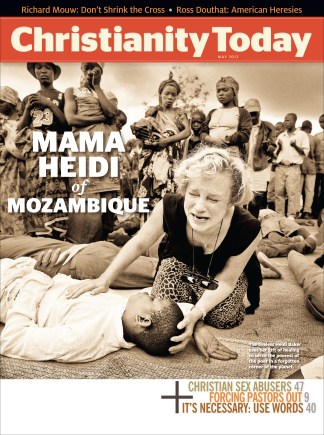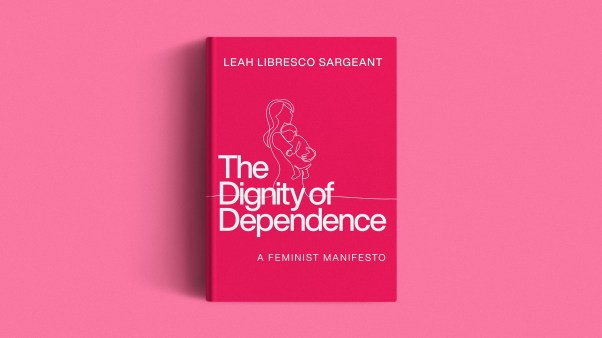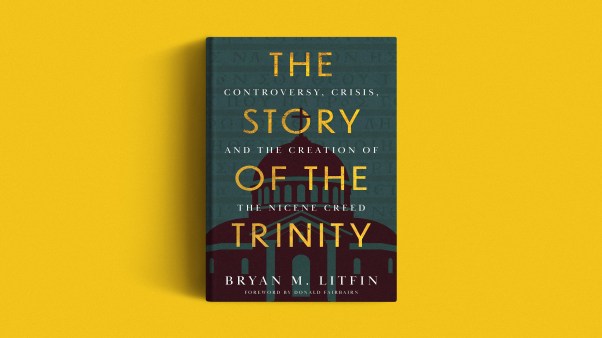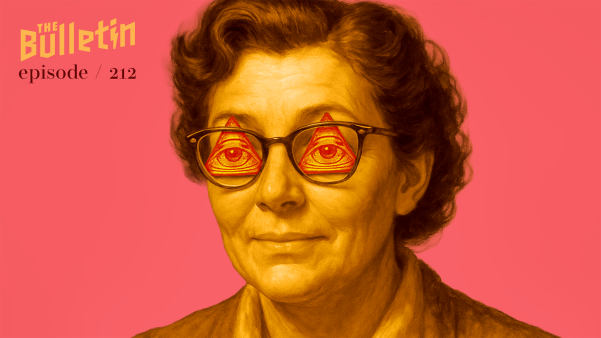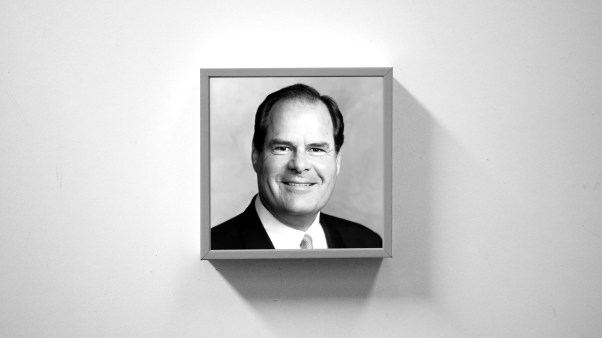As a professor at a Christian university, I wince when I hear students referred to as “customers.” Administrators, policymakers, and, at times, even students themselves resort to seeing the relationship I share with young people as one of economic exchange. In essence, my students (or, more likely, their parents) pay tuition, and I draw a salary. As a result, I am obligated to provide them with specific forms of instruction.
Why should I react so negatively to this way of thinking? Is it merely a matter of professional pride? Or does my uneasiness flow from deep convictions about the relationship I am called to share with my students?
In What Money Can’t Buy: The Moral Limits of Markets (Farrar, Straus and Giroux), Harvard government professor Michael J. Sandel helpfully warns against conceiving human life in purely economic terms. Sandel specializes in accessibly written treatises on weighty matters of morality and ethics, like his most recent best seller, Justice: What’s the Right Thing to Do?, which was based on his popular classroom lecture series. (He also hosts a PBS and BBC series bearing the same name.)
What Money Can’t Buy furthers Sandel’s reputation as a great public intellectual. The book diagnoses the many ways money and economic logic define ever-increasing segments of our lives. Sandel’s point is not that markets are inherently evil. He simply asks “whether market norms will crowd out nonmarket norms, and if so, whether this represents a loss worth caring about.”
As with Justice, What Money Can’t Buy introduces a host of case studies meant to stimulate moral reflection. Sandel’s five chapters explore questions ranging from gift giving, to naming rights, to the inherent value of standing in line. One case study invokes Pope Benedict XVI’s 2008 Yankee Stadium Mass to illuminate moral boundaries to profit-seeking: Free tickets to the Mass were offered through parish churches on a first-come, first-served basis, but scalpers obtained a number of these tickets and began charging as much as $200 apiece. As Sandel concludes, “Turning sacred goods into instruments of profit values them in the wrong way.”
Human beings, of course, have long assigned monetary value to goods that ought to defy such classification. (Consider prostitution—the world’s “oldest profession.”) Sandel argues, however, that American society has witnessed a rapid acceleration in this pattern over the last 30 years. He pins the blame on a political culture that “is mostly vacant, empty of moral and spiritual content.” Lacking the tools of moral discernment to make more profound assessments of value, we allow the almighty dollar to come to our rescue. The appeal of marketplace logic, says Sandel, is that “markets don’t wag fingers. They don’t discriminate between admirable preferences and base ones.”
Theoretically, the forces of supply and demand could determine the price of admission to a papal Mass as fluidly as they determine the price of admission to a Yankees game. But whatever dollar value the market might establish, it cannot help understating the genuine value of sacred fellowship.
Perhaps that’s the problem with identifying my students as consumers: It tempts me to value them not too much, but all too little. They purchase educational services, I deliver them as promised, and we go our separate ways. If, however, my students bear God’s image, then this adds something incalculable to an otherwise contractual arrangement. And as a result, I owe them something long after they pay tuition and I claim my paycheck. You can’t put a price tag on that sort of bond, but as Sandel well realizes, that doesn’t mean it’s cheap.
Todd C. Ream serves on the faculty of the John Wesley Honors College at Indiana Wesleyan University.
Related Elsewhere:
What Money Can’t Buy is available from Barnes & Noble and other retailers.
Previous Christianity Today articles about money and business include:
You Don’t Have to Quit to Find Life-Giving Work | Even if you don’t like your job, you have a calling to serve God and others. (April 2, 2012)
Pastors Double-Dare the IRS | Observers suggest that punishing church endorsements will be unlikely. (December 12, 2011)
Black Friday, Cyber Monday, & the Christian Consumer | What a model for ethical consumption can look like. (November 28, 2011)
Religion and Inequality Go Hand-in-Hand | Why some countries are more religious than others—and why, assumptions to the contrary, the U.S. is not unusually religious. (September 16, 2011)


